The TikTok-ing of Medical Advice
In recent years there has been an explosion of medical advice on social media and the internet. YouTube hosts 600,000 videos about prostate cancer alone. The information ranges from serious medical research to quack cures. Currently, there are few restrictions on social media platforms as to who can masquerade as a medical expert and what type of advice they can offer. Social media sites like TikTok, Facebook and YouTube not only host medical quackery, their recommendation algorithms are encouraging users to consume more and more of it.
The self-appointed medical gurus who populate social media sites have encouraged a new wave of mostly young people to experiment on themselves with new devices and unproven remedies. Sales of drugs and supplements—including controlled substances—are booming on the internet. Facebook and Instagram have become the cyber equivalent of open-air markets for prescription and illegal or unregulated drugs.
-
41%Users who have shared wearable device health data with their doctor
Despite some dangers, the self-health trend is largely positive. More people will start taking their own health in hand by improving their diets, exercising more, and increasing their understanding through self-collected data. The ever-lowering cost of consumer health IT technology will make self-monitoring devices increasingly accessible for those with lower incomes. (For more on healthy living, see the Wellness and Nutrition section.)
